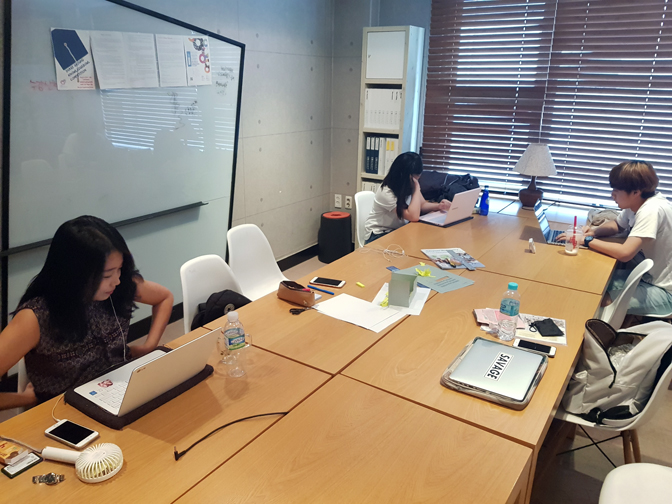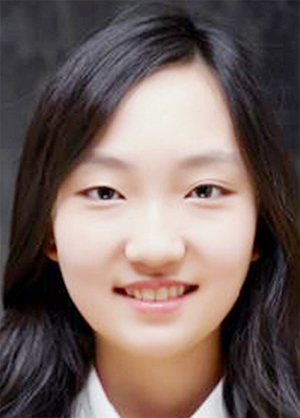According to the Organization for Economic Co-operation and Development (OECD), the ranking of international academic achievement (PISA) is very high in South Korea and Korean students study the most in terms of hours. An average Korean student studies about 49 hours a week (average of OECD countries student’s studying hours is 33 hours). However, the Global Competitiveness of this country in 2016 from World Economic Forum was 29th in 2016, which decreased compared to last year. It was also found that Korea had the lowest happiness rate of children among OECD countries. Although one can say trying to find the interrelation between those rating can be seen as an error of hasty generalization, this is not a coincident. In 2014, Korean investment in R&D (Research and Development) respect to GDP rate was the highest among Korea, Japan, US, China and Spain. However, the amount of Science Citation Index level was the lowest among the five countries.
It is without a doubt that South Korean government is putting significant effort in education but international academic performance not at par. But why? With this question in mind I conducted an interview with a professor names Sung Bong Lee (이성봉, 백석대학교사범학부특수교육과교수, 한국응용행동분석학회회장) from the Department of Special Education in Baekseok University. According to the professor, the root of the entire associated problem is the society excessive of competition. He appointed such competition is derived from college admission based education. In Korea, secondary education is solely based on entering better ranked colleges. In order to survive from the competition, students naturally focus on the result of education, not the process in between. Dominated by preparatory schools, helicopter moms and authoritarian teachers, South Korean students are the ones to pay the price. The professor provides a perspective that such custom is almost a child abuse. It is a phenomenon that should be reformed as soon as possible. He expects incumbent government office to take a action on the status quo and restructure current private education industry.

Professor Lee also pointed out that exam preparatory institutions and cram school affect students grades only temporarily as those institutions teaches students “skill sets” to take a exam and not really the contents of a subject in depths. They are soulless facilities, with minimal human interactions, stuffed with students memorizing vocabulary, math and chemical formulas.
I then asked the professor what would be a suitable reform to the current education system? He answered that first of all, hierarchizing schools should change immediately. We have to evaluate individuals based on their ability, not on the reputation of the schools they went. Because society is hierarchizing schools, the schools fail to foster well rounded students and merely focusing on teaching materials that will only serve short term purpose. In the end, a model that should be benchmarked is the French Higher Education system in which universities are standardized to a certain degree. The French public universities are named after the major cities, followed by a roman numbering. Paris, for example, has thirteen universities, labeled Paris I to XIII. The French system has undergone a reform also known as the Bologna process which aimed at creating European standards.
Lastly, the professor said the most ideal education environment is making a school a place where students desire to go, and treating students humanly, making them the center of the education environment.

김도연 Lisa Doyeon Kim

